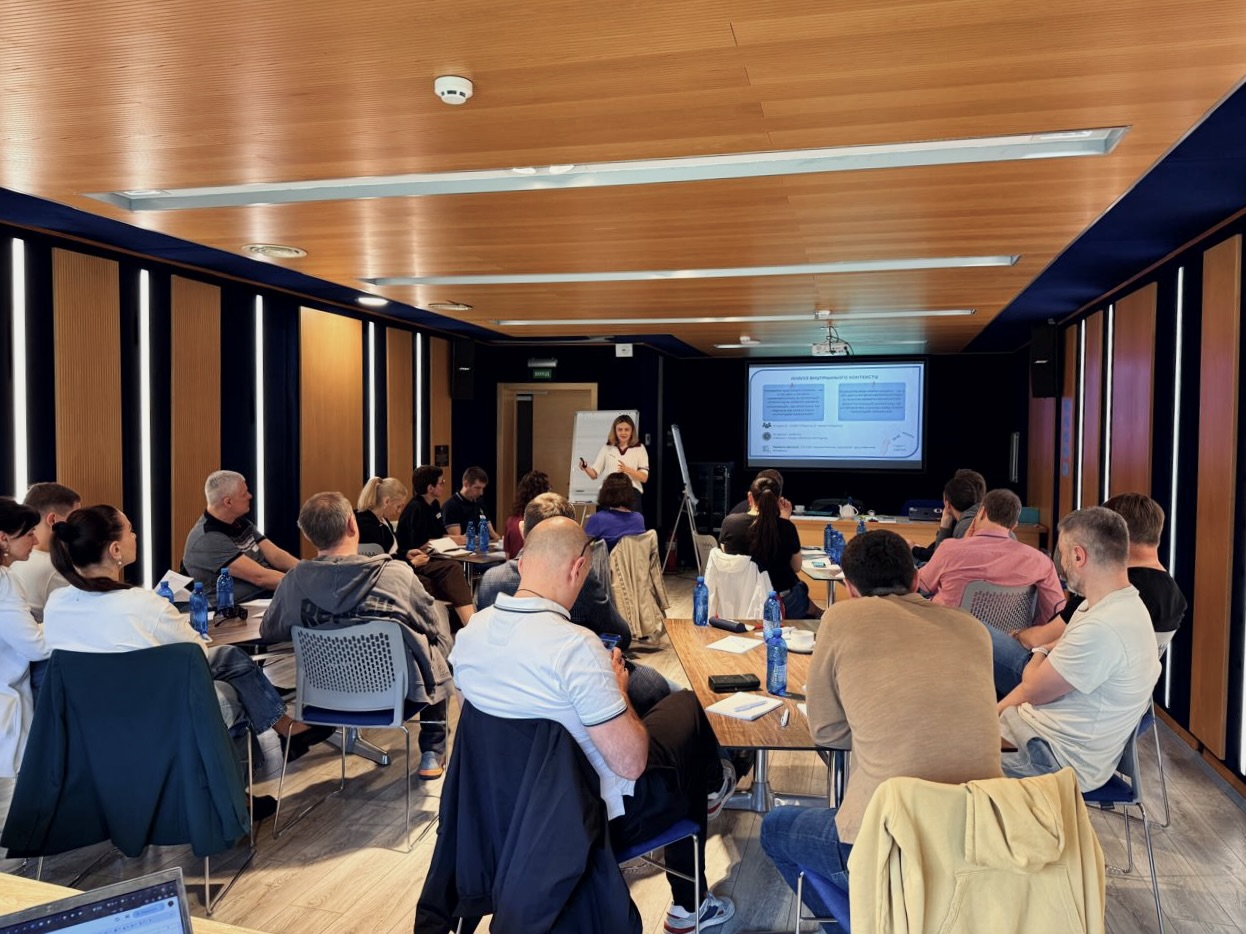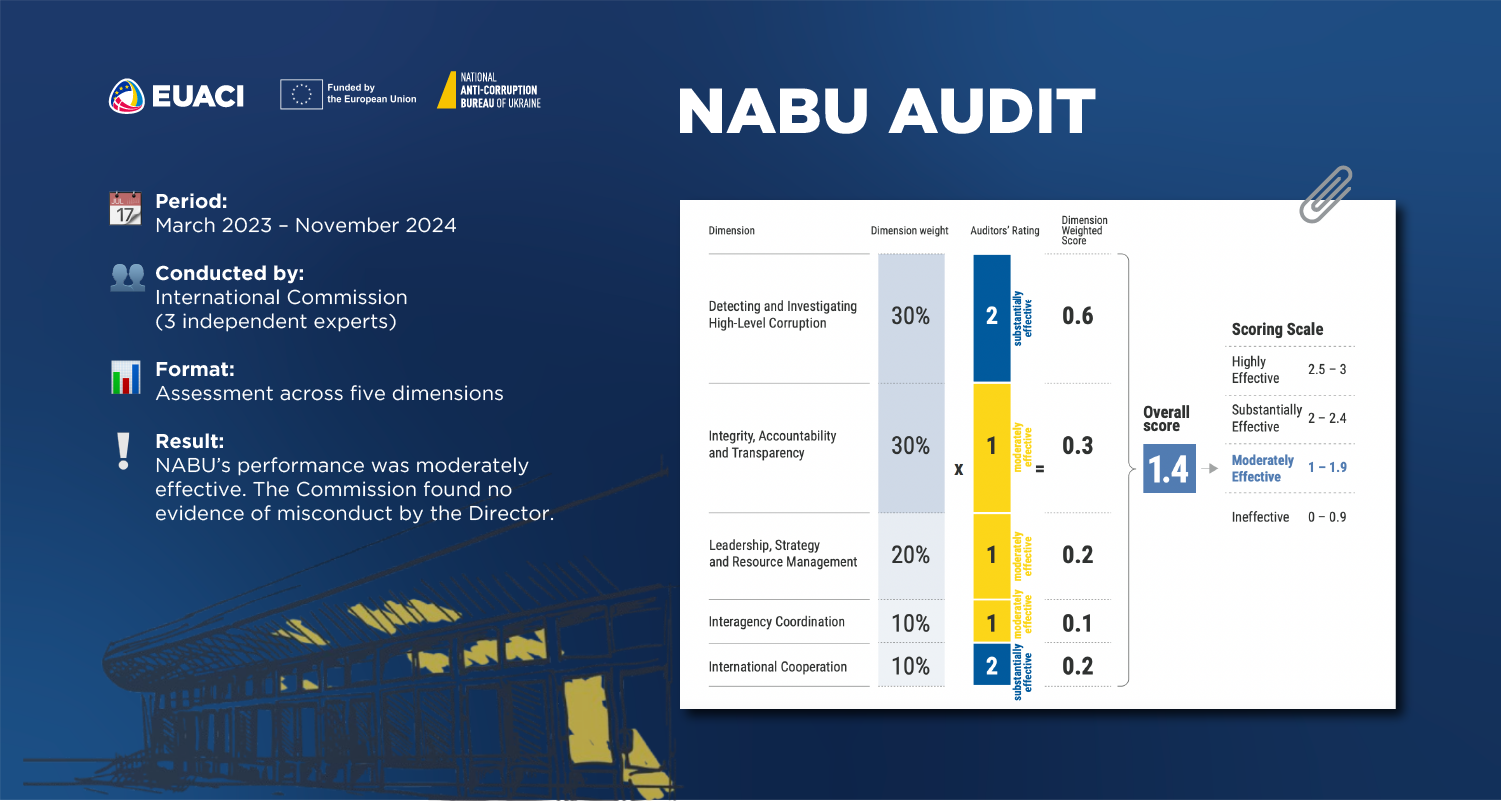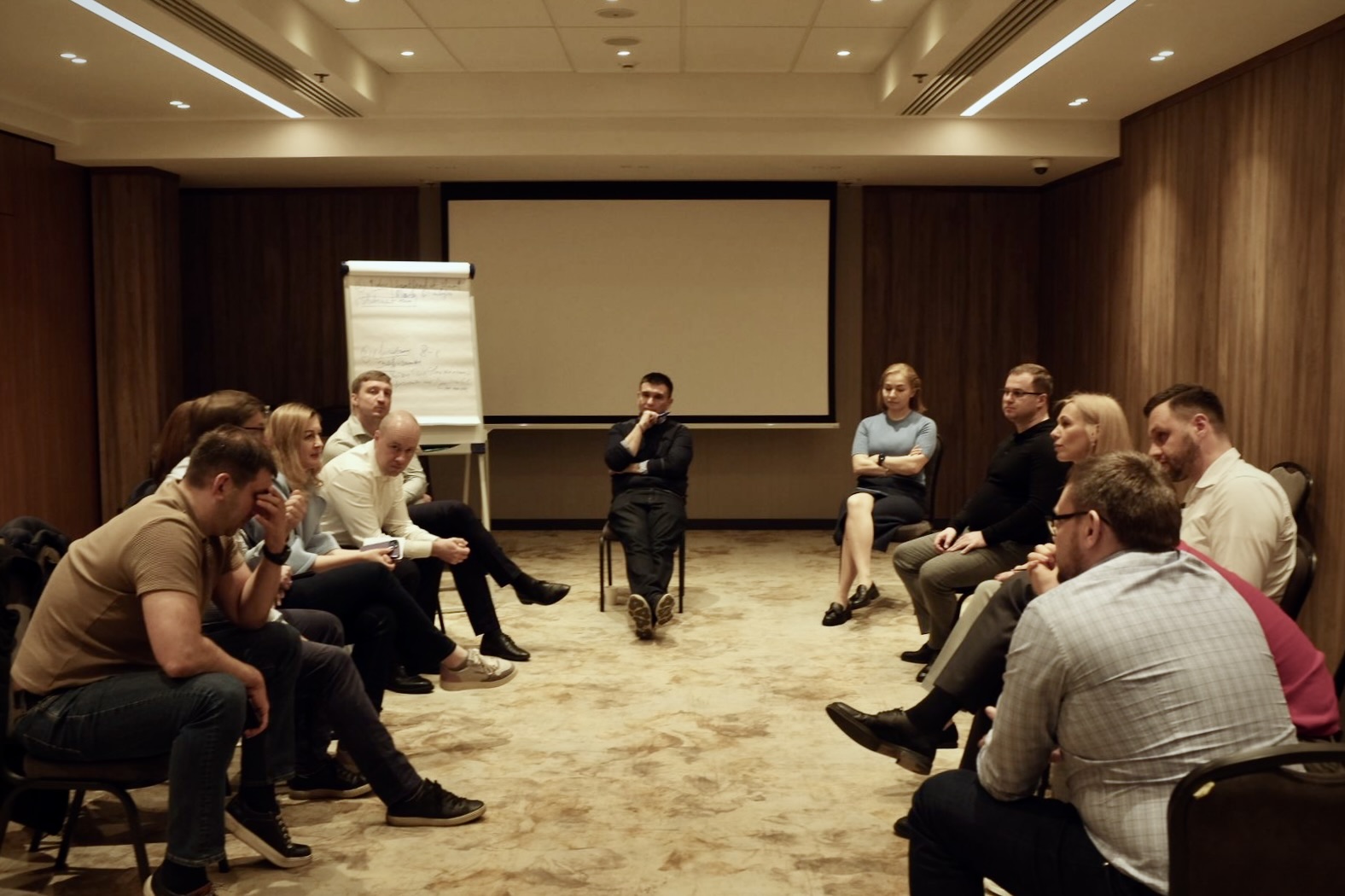
On March 22, 2021, the EU Project «Pravo-Justice» in cooperation with the EU Anti-Corruption Initiative (EUACI) held the meeting on the topic «How to really clean up the judiciary?».
The discussion was devoted to the questions, in particular, regarding the ways to ensure the independent administration of justice in Ukraine through the cleaning up of the judiciary, the involvement of international experts in the process of vetting and selection of candidates for the positions of judges, members of the HQCJ and HCJ, the necessity of changing the Constitution, and other issues.
Dmytro Vovk, national expert of the EU Project Pravo-Justice:
“Fair Justice is what Ukrainian society today demands ahead of many demands, including economic preferences.”
Eka Tkeshelashvili, EUACI Head of Programme:
“EUACI has been engaged in 3 selection processes in Ukraine: Judges to the HACC, Heads of NACP, and SAPO. These are 3 different processes, but they all have one common element, the importance of checking the integrity of candidates. There is a myth that integrity is a vague notion, hard to define and thus hard to be evaluated. Instead, integrity is tangible, criteria and methodologies that have been developed enable us to assess in an objective manner integrity-related issues of candidates.”
“Judges, as well as any other public servants, serve the society. Trust and respect is something that can not be taken for granted, it needs to be earned. The perception of entitlement needs to be dismantled. Nobody has the right to be a judge, one needs to prove to be worthy of such an honorable title. In fact, it is the public who is entitled to rule of law in any democracy, civil servants are there to ensure that the rule of law is actually respected.”
Tilman Hoppe, Ph.D., legal adviser for international anti-corruption projects, including EUACI:
“Corruption erodes the judiciary, while it is the key to the state functioning along with other branches of government. Corrupt authorities in Ukraine often use the presumption of innocence to protect themselves. Such situations do not even apply to criminal liability. That is why the process of cleansing the government has completely different rules. Society is tired of listening to tales about the protection of human rights and the rule of law only in situations where it is convenient for corrupt politicians.”
“By definition, integrity combines compliance with anti-corruption legislation and ethical standards. The concept of integrity implies reasonable doubt: if you hire a candidate in public offices, it’s enough if you have sustainable doubts about him.”
The full discussion is available below.


